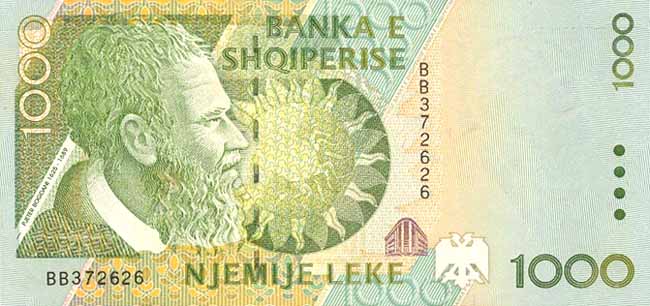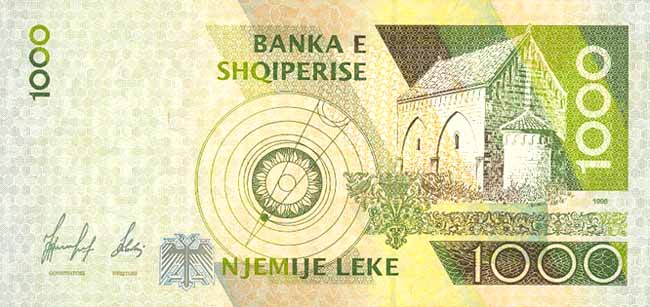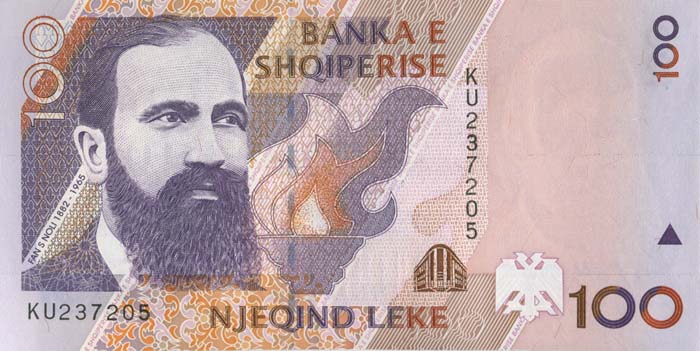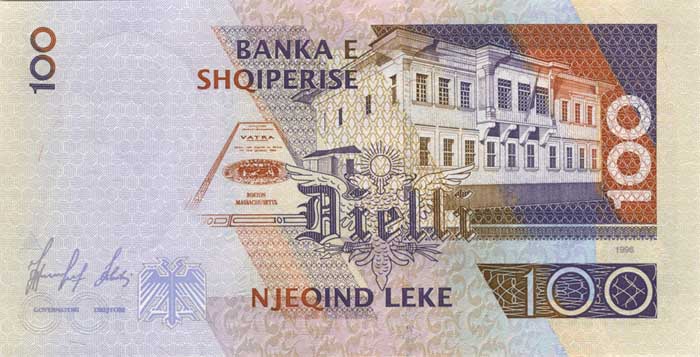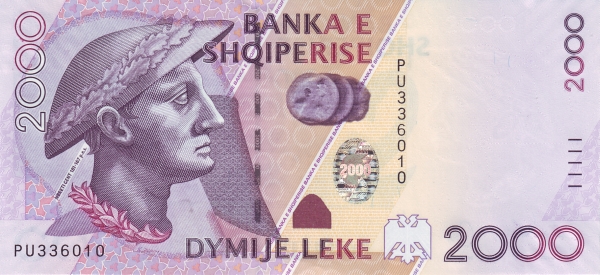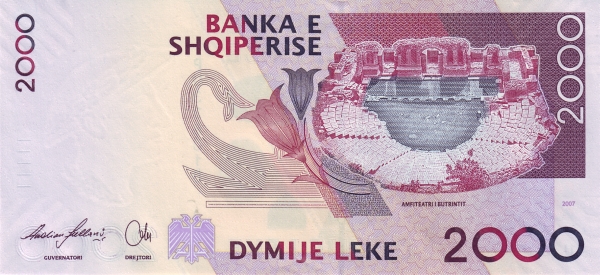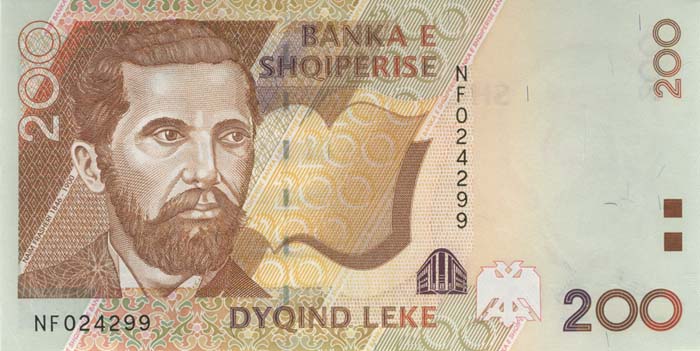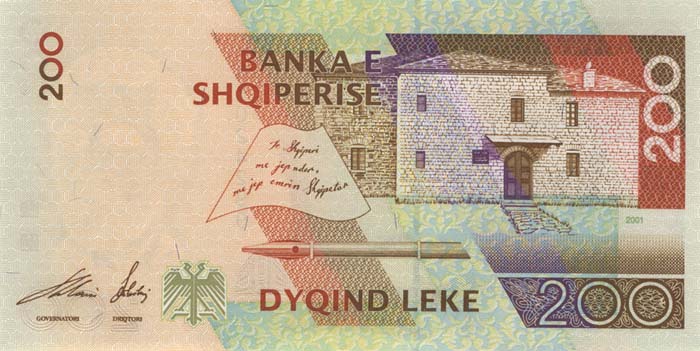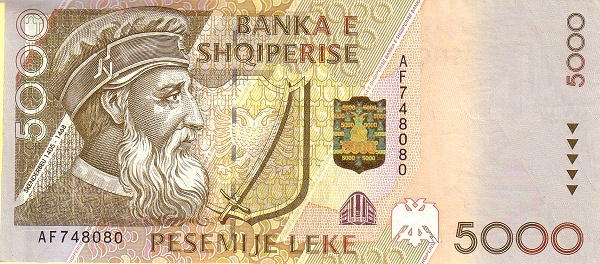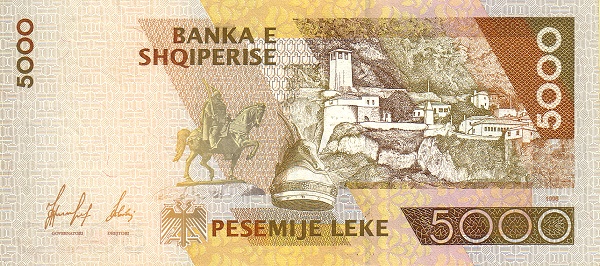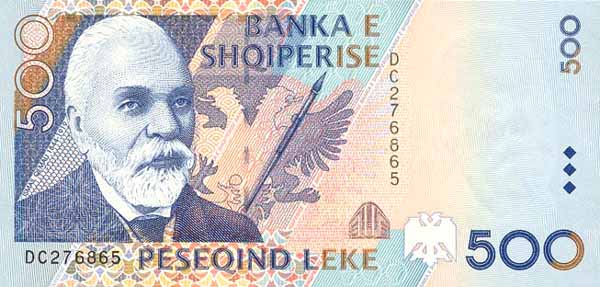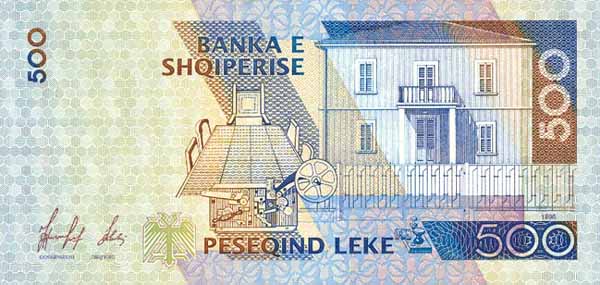Discover Albania: A Hidden Gem in the Balkans
Albania stands as a remarkable destination in Southeast Europe, characterized by its rich history and vibrant culture. This captivating country, nestled along the Adriatic and Ionian Seas, boasts diverse landscapes ranging from stunning beaches to rugged mountains. With a geographical area of approximately 28,748 square kilometers, Albania may be smaller than some neighboring countries, but it is undoubtedly brimming with unique charm. Notably, Albania shares its borders with Montenegro to the northwest, Kosovo to the northeast, North Macedonia to the east, and Greece to the south.
Geographical Features: Mountains and Coastlines
In the western part of Albania, visitors find picturesque beaches that line the coastline. In contrast, the country's interior is dominated by the Albanian Alps, offering breathtaking views and thrilling hiking opportunities. Specifically, the highest peak is the Korab mountain, rising to 2,764 meters (9,068 feet). Scenic rivers such as the Buna and Vjosa provide not only stunning landscapes but also vital resources for the local communities.
A Glimpse into Albanian Culture
Albania's culture reflects a fascinating blend of influences, shaped by its complex history and geographical location. The country has deep-rooted traditions in music, art, and cuisine. Notably, Albanian music features distinctive styles that resonate with the rhythms of the Balkans. Additionally, traditional folklore dances are an essential part of cultural festivals, captivating locals and visitors alike.
Historical Insights: From Ancient Times to the Modern Era
Albania's history stretches back thousands of years, showcasing a rich tapestry of civilizations. The Illyrians, Romans, and Ottomans all left their marks on the country. Significantly, the ancient city of Butrint, now a UNESCO World Heritage site, serves as a testament to the country's historical significance. This site attracts numerous tourists who seek to connect with Albania's storied past.
The Albanian Language and Ethnic Diversity
The Albanian language, an essential part of national identity, holds unique characteristics that distinguish it from other languages in the region. In fact, Albania is one of the few countries where Albanian is the official language. Furthermore, the population comprises various ethnic groups, with a predominant Albanian majority, along with Greek, Macedonian, and Montenegrin minorities. This diversity enriches the social fabric of the nation, contributing to a vibrant cultural landscape.
Modern Albania: Growth and Development
Since the fall of communism in the early 1990s, Albania has witnessed significant transformations. The government has prioritized infrastructure and tourism development, striving to enhance the economy while preserving natural resources. As a result, more international visitors flock to explore Albania's stunning landscapes and warm hospitality. This shift not only enhances the country's global reputation but also provides ample opportunities for local communities.
Albania's Natural Beauty: A Paradise for Nature Lovers
The allure of Albania lies in its breathtaking natural beauty, attracting outdoor enthusiasts from all over the world. The Albanian Riviera, renowned for its crystal-clear waters and picturesque beaches, beckons sun-seekers and adventure aficionados alike. Along the coast, towns such as Ksamil and Dhermi become vibrant hotspots during the summer months, offering a perfect blend of relaxation and adventure.
Your Gateway to Adventure: Outdoor Activities
Adventure enthusiasts will find a playground in Albania's rugged terrain. Hiking opportunities abound in the Albanian Alps, with trails like the Peaks of the Balkans trek drawing hikers from various corners of the globe. Moreover, white-water rafting on the Vjosa River promises adrenaline-pumping experiences for thrill-seekers. For those who enjoy historical and architectural exploration, cities like Berat and Gjirokastra showcase stunning Ottoman-era buildings, earning them UNESCO World Heritage recognition.
Gastronomy: A Culinary Journey
A culinary journey through Albania introduces visitors to delectable traditional dishes that tantalize the taste buds. Fresh seafood, locally-sourced vegetables, and rich dairy products form the foundation of Albanian cuisine. Moreover, specialty dishes such as ‘tavë kosi’ and ‘fërgesë’ highlight the country's agricultural heritage. Local markets brim with fresh produce, inviting food lovers to immerse themselves in Albanian culinary traditions.
Hospitality: The Heart of Albanian Culture
Perhaps one of the most remarkable aspects of Albania is its genuine hospitality. Visitors often remark on the warm welcome they receive from locals, who take pride in sharing their culture and traditions. This strong sense of community fosters connections, enhancing the travel experience for those who venture into this beautiful country. Visitors not only appreciate the landscapes and monuments but also immerse themselves in the authentic lifestyles of the Albanians.
The Future of Albania: A Growing Destination
Looking ahead, Albania positions itself as an emerging travel destination. With increasing investments in tourism, infrastructure, and sustainable development, the country aims to balance growth with environmental preservation. This commitment creates a sustainable framework that ensures the beauty of Albania remains intact for future generations. In doing so, Albania not only secures its place on the global tourism map but also protects its rich cultural integrity.
In summary, Albania offers a blend of historical depth, remarkable natural beauty, and unmatched hospitality. Whether you crave adventure in the mountains or relaxation by the sea, this Balkan gem has it all. As the world begins to rediscover and explore Albania, the country's allure continues to grow.
Largest cities of: Albania
| City Name | Population | Year of foundation | |
| Tirana | 421,286 | 1614 | |
| Durrës | 113,249 | 627 B | |
| Fier | 83,504 | 588 BC | |
| Vlorë | 79,021 | 588 B | |
| Elbasan | 79,000 | 145 B | |
| Shkodër | 77,000 | circa 2000 B | |
| Korçë | 60,143 | 1484 | |
| Berat | 35,980 | circa 300 B |
Albania: Money
